Publications
Articles, publications, books, tools and multimedia features from the U.S. Institute of Peace provide the latest news, analysis, research findings, practitioner guides and reports, all related to the conflict zones and issues that are at the center of the Institute’s work to prevent and reduce violent conflict.
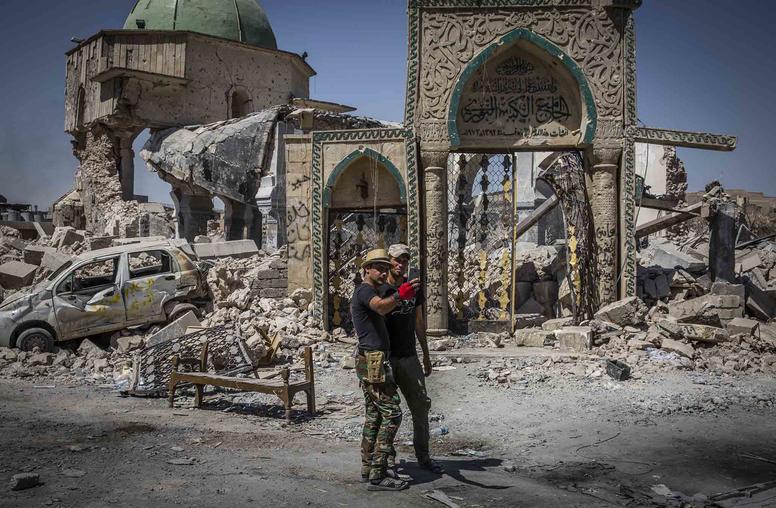
After ISIS, Iraqi Voters Demand Good Governance
When Iraqis went to the polls on May 12, the country’s foreign policy was the last thing on their minds. For the vast majority, the central question about the next government was expressly local: Will it be able to deliver services, get the economy moving and, perhaps most important, curb corruption?

Have Nuclear Weapons Prevented an All-out War in South Asia?
In Washington, discussion of the threat of nuclear proliferation mostly focuses on Iran and North Korea. Yet in South Asia, a nuclear stalemate between India and Pakistan persists, with decades of tension that regularly threaten to escalate at a moment’s notice.
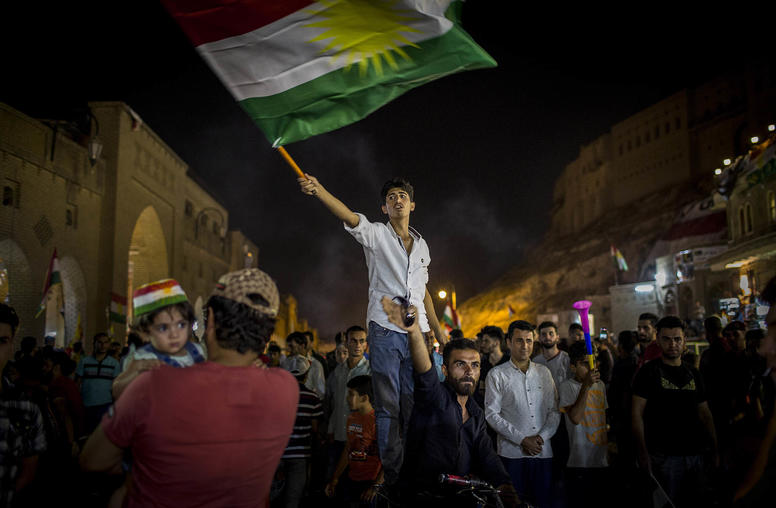
Why Baghdad Should Help the Kurdistan Region’s Debt Crisis
The mounting debt crisis of Iraq’s Kurdistan Regional Government poses a long-term threat to the country’s economy and ultimately, perhaps, its stability. For now, Iraqi political leaders are consumed with negotiating a new, post-election government, but a solution to the KRG’s insolvency cannot wait too long. It will require the next government to quickly put aside parochial politics and help the KRG find creative ways to restructure its debts.
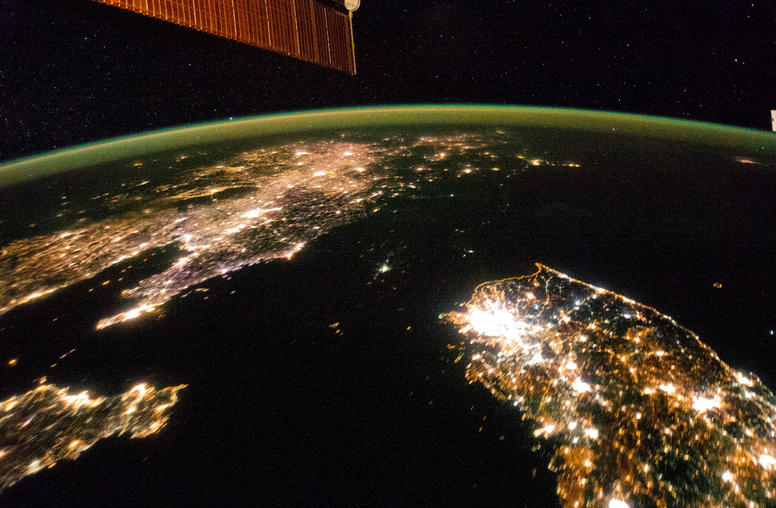
Six Past Mistakes Trump Can Avoid in Talks with North Korea
The Trump administration’s guiding philosophy for negotiating with North Korea is to “not repeat the mistakes of past administrations.” With the summit between President Trump and Kim Jong Un now set for June 12 in Singapore, it is important to identify these past mistakes and how to avoid them.
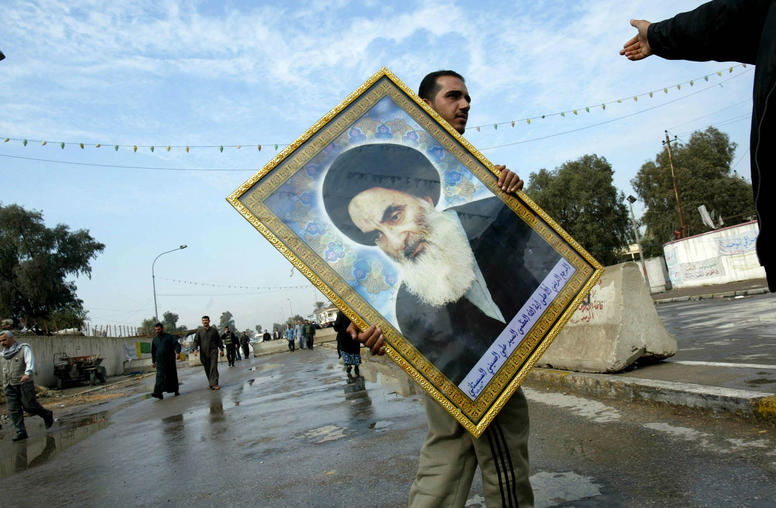
Iraq’s Election Leaves Iran’s Influence Intact
As Iraq shapes a government from its May 12 election, the indecisive electoral outcome again will leave Iran in a position to affect both the choice of a prime minister, and the tenor of the underlying administration. How Iran wields that influence is likely to depend on how well the European Union is able to defend the Iran nuclear accord following the United States’ withdrawal.
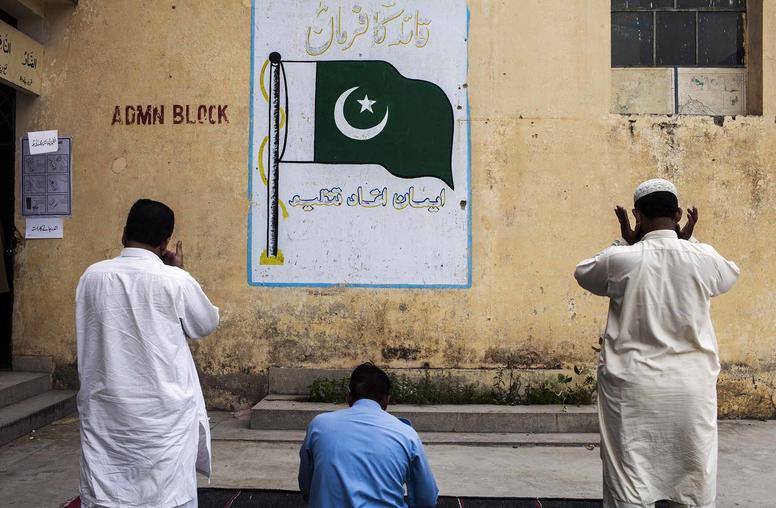
What’s at Stake in Pakistan’s Summer Elections?
Later this summer, millions of Pakistani voters will have the opportunity to cast ballots to elect new representatives for the national parliament and provincial assemblies. Pakistan’s political landscape is fractious and has faced major upheavals in the year running up to the vote, leaving considerable uncertainty about the possible outcomes.
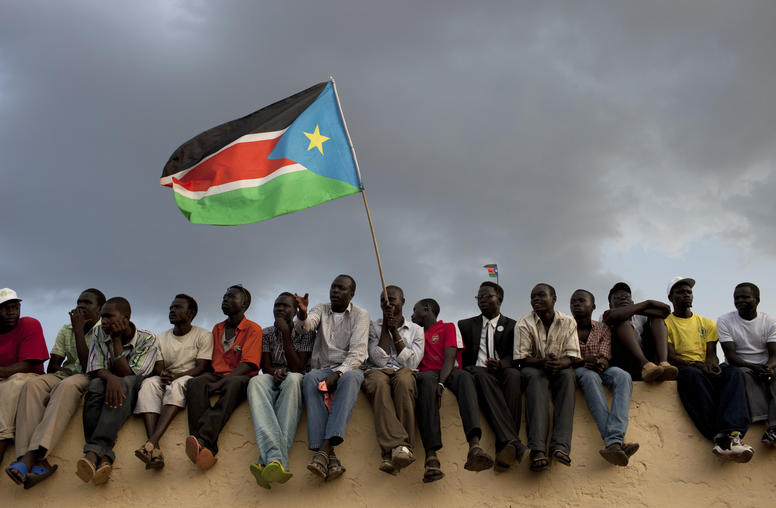
Strong Words Alone will not Deliver Peace to South Sudan
At the end of May, after only four days, South Sudan’s long-delayed peace talks once again adjourned without reaching a viable agreement. The failure to reach a deal comes only weeks after the White House declared that the Government of South Sudan had “lost credibility,” expressed deep frustration at the “lack of progress toward an agreement,” and warned that “more than seven million people will face life-threatening hunger in the coming months,” as a result of the crisis.
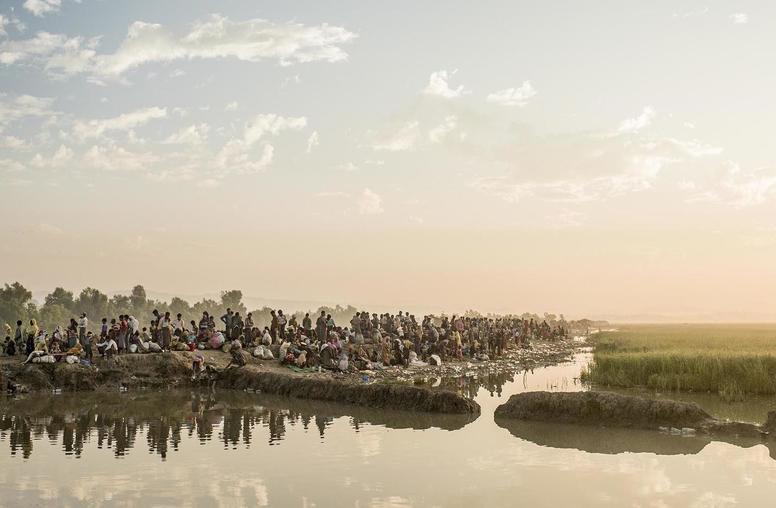
Burma’s Balancing Act on Rakhine
In a reversal of past policy, Burma’s government last week signed a memorandum of understanding (MOU) with the United Nations to facilitate the repatriation of Rohingya refugees back to Burma. This unexpected move builds on the momentum established last month, when Burma hosted a United Nations Security Council (UNSC) delegation and invited the U.N. to assist in the repatriation of the Rohingya and the rehabilitation of Rakhine state.
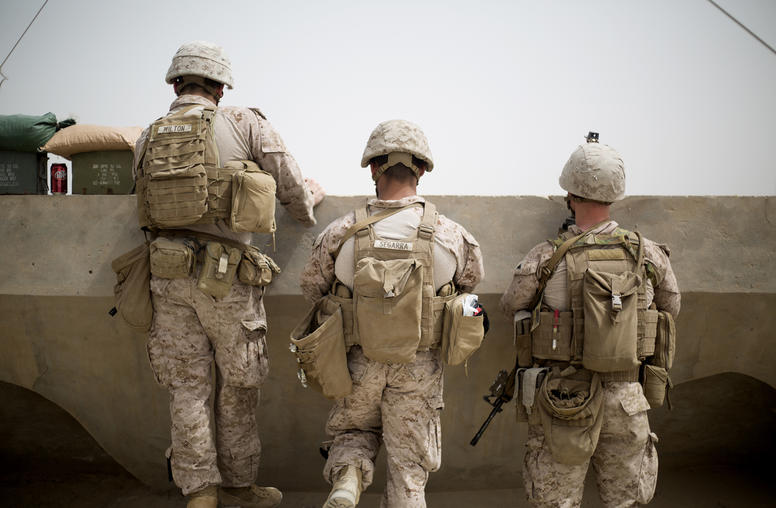
Can the Afghan cease-fire pave the way for peace?
The Government of Afghanistan on June 7 offered a unilateral, week-long cease-fire to the Taliban beginning June 12, in observance of the end of the holy month of Ramadan. Of course, a cease-fire is not a peace agreement, but it can lead to one.
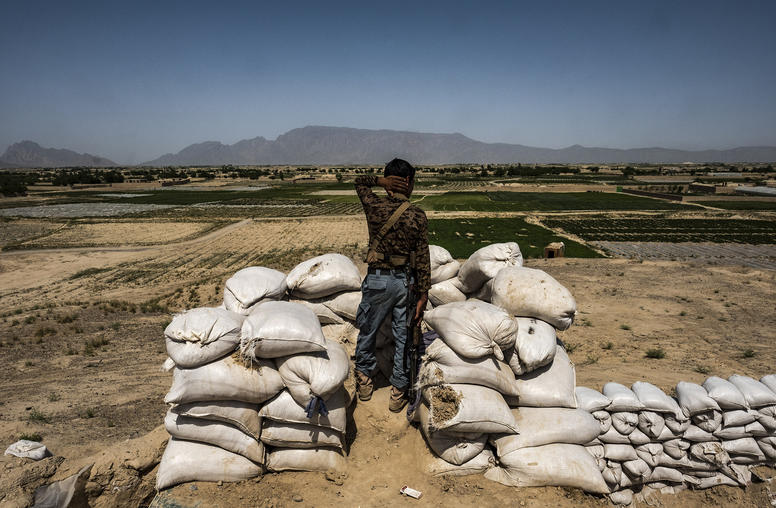
Iran and Afghanistan’s Long, Complicated History
As neighbors with a 585-mile frontier, Iran and Afghanistan have connections spanning centuries. Since 1979—the year of Iran’s revolution and the Soviet invasion of Afghanistan—relations between Tehran and Kabul have ebbed and flowed. USIP’s Scott Worden discusses the complex relationship between the two countries, how Iran has built influence there, and where the U.S. and Iranian interests have overlapped in relation to Kabul.